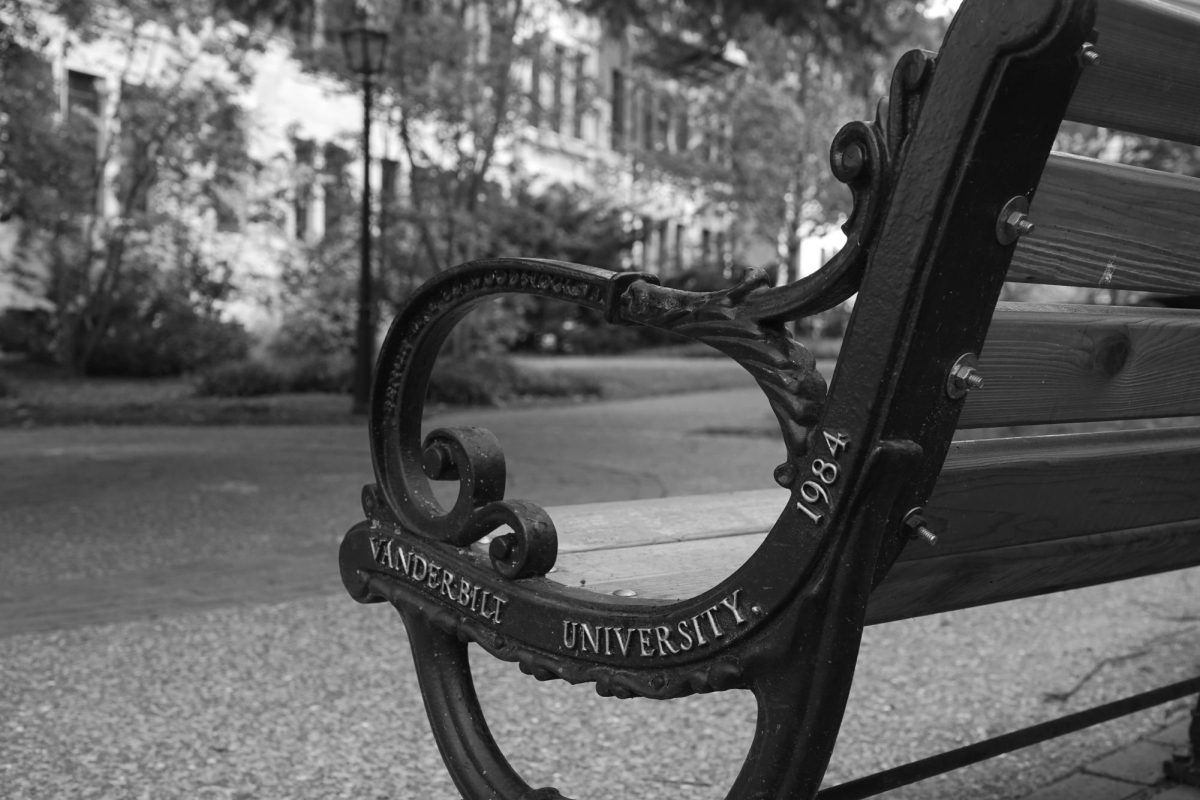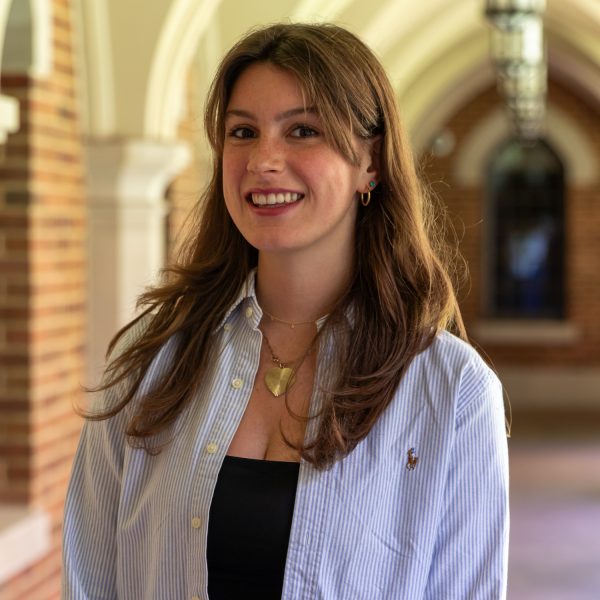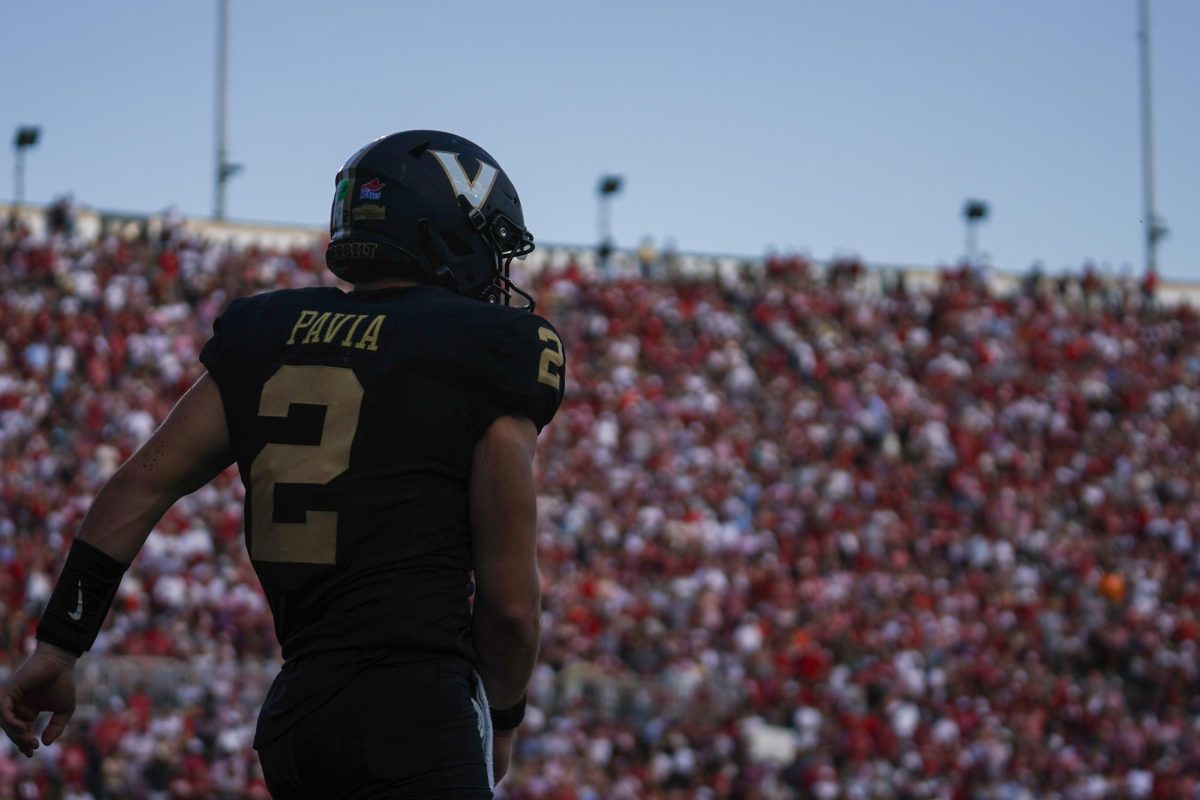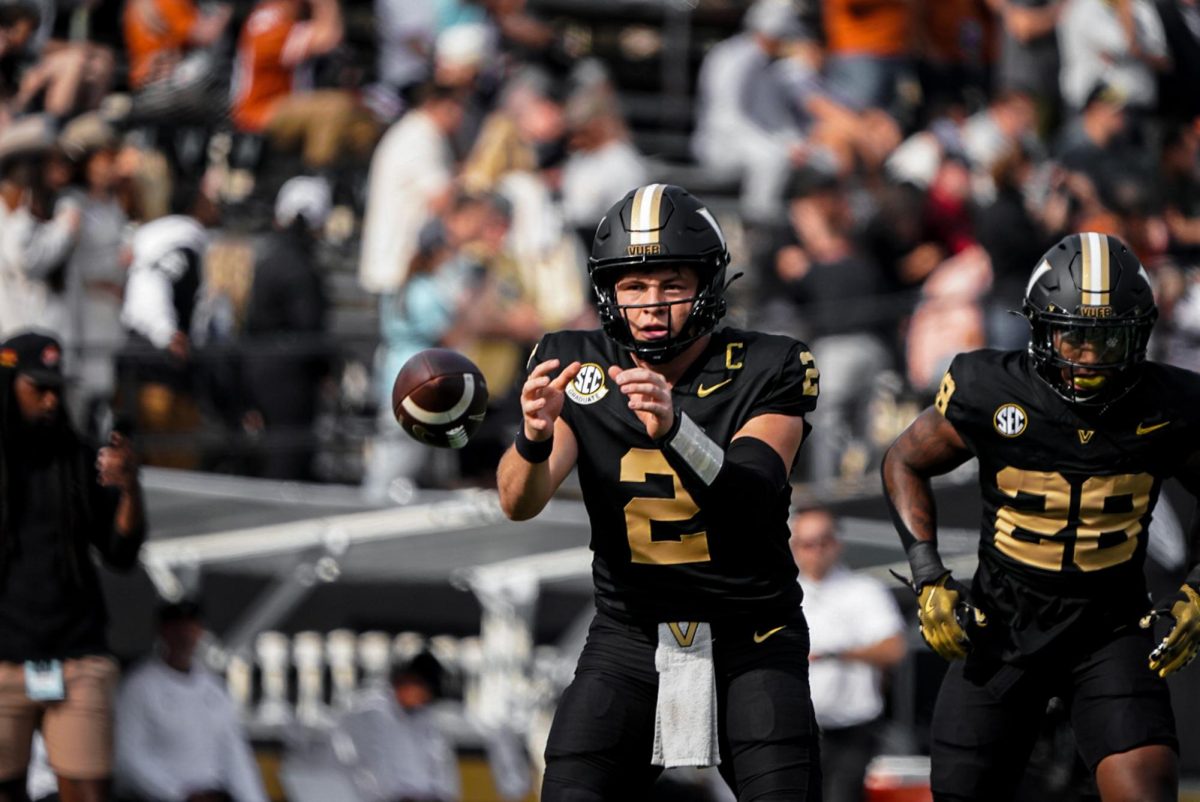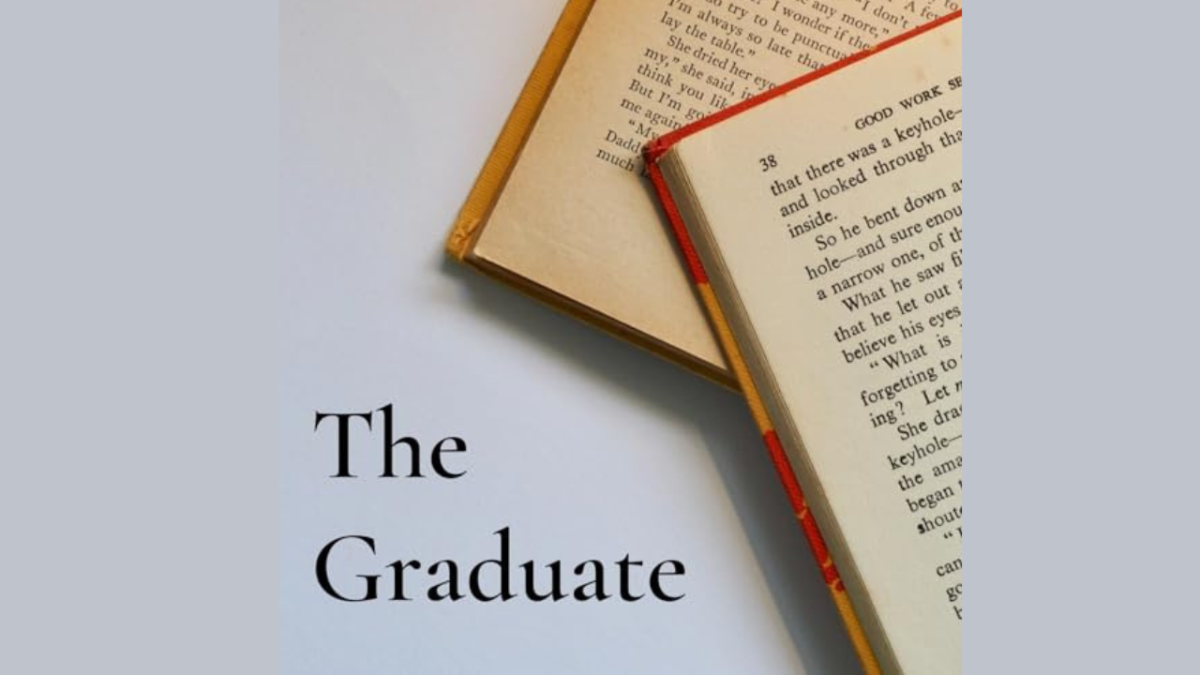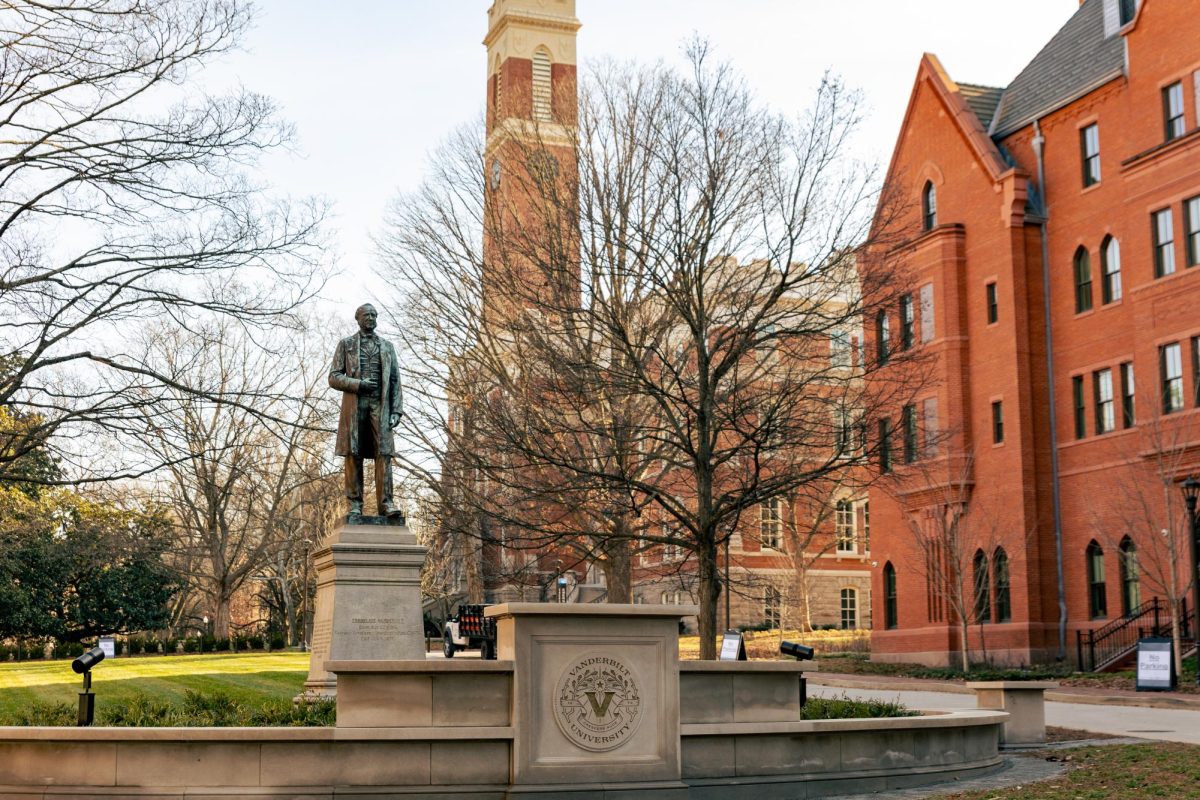Students who received need-based financial aid from Fall 2003 to February 28, 2024 — that covered some but not all of their tuition — recently received an email about how to claim approximately $2,000. These emails were sent following Vanderbilt’s $55 million settlement of an antitrust lawsuit alleging that it collaborated with other universities to inflate the net cost of attendance and limit the amount of financial aid students receive.
The January 2022 class-action lawsuit accused Vanderbilt and 16 other prestigious institutions of applying a shared formula called the “Consensus Methodology” to determine financial aid eligibility. This led to excess charges for over 200,000 undergraduate students throughout the past two decades. The $55 million settlement is the highest among the 17 universities that reached an agreement, raising the total settlement amount to $284 million.
According to a representative from the university, Vanderbilt spent $366 million on financial aid last year, with $244 million of that going to undergraduate students. The representative cited the updates to Opportunity Vanderbilt in February as part of their commitment to a financial aid program that meets 100% of a student’s demonstrated need.
“Though we believe the plaintiffs’ claims are without merit, we have reached a settlement in order to maintain our commitment to the privacy of our students and families and keep our focus on providing talented scholars from all social, cultural and economic backgrounds one of the world’s best undergraduate educations,” the university said in an email to The Hustler. “We are proud of [the] extraordinary efforts of our staff and donors to ensure deserving students can access a Vanderbilt education regardless of their economic circumstances and can graduate debt free.”
The average qualifying claimant will receive about $2,000, according to the settlement emails sent to students. The distribution of the settlement funds will depend on factors such as school costs and year of attendance. It is not directly correlated with how much the university paid in the settlement, and leftover funds will be donated to educational charities that support disadvantaged students. The deadline to submit a claim is Dec. 17, 2024.
Sophomore Lariss Ramirez shared her thoughts on the lawsuit, stating that she is happy that these institutions are being held accountable.
“Personally, I’m very thankful for the financial aid Vanderbilt has provided me, but it’s important to acknowledge that many students, especially those from disadvantaged backgrounds, haven’t received the support they need and continue to struggle,” Ramirez said. “While it hasn’t been confirmed if this change is directly related to the lawsuit, I think it’s great that Opportunity Vanderbilt is now expanding. I’m glad to see more institutions being held accountable, making higher education more accessible to everyone.”
Junior Skyler McCormick said she filed a claim but feels that Vanderbilt has so far provided her with the aid she needs.
“I don’t feel like I’ve ever been not given the full aid I was promised, so I don’t really have any gripe towards the financial aid department,” McCormick said. “With regards to the lawsuit, anything that will give me some free money for no effort on my end is always good by me. It’s nice that universities are being held more accountable for financial aid in general as a result of the lawsuit as well.”
First-year Austin Avalos said he was surprised to learn of Vanderbilt’s involvement in the lawsuit. Although he said he was not significantly affected by the changes to financial aid, he said the lawsuit impacted his trust in the university as a whole.
“The price-fixing scheme as a whole is just beyond unethical,” Avalos said. “This broke the trust that I had toward the institution as a whole. First, it’s our financial aid that’s being tampered with, so what’s next that we don’t know about yet?”

